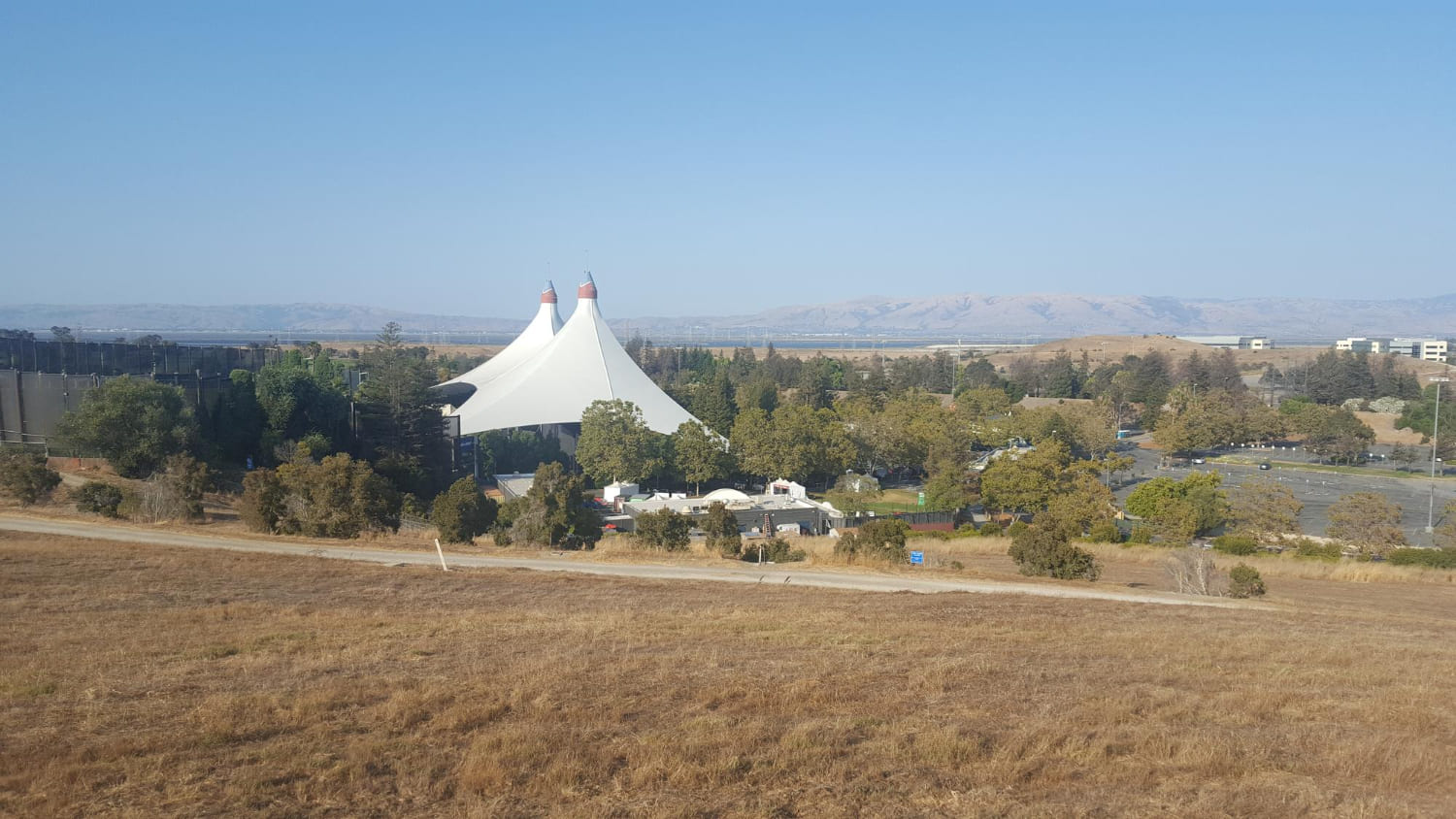Mormons follow a unique dietary code that is based on their religious beliefs. The Mormon diet is designed to promote good health and well-being while also adhering to their religious principles.
The diet is centered around whole foods, fruits, vegetables, and whole grains, with a focus on moderation and balance.
Mormons are encouraged to avoid alcohol, tobacco, coffee, and tea, as these substances are believed to be harmful to the body and spirit. However, they are allowed to consume meat and fish, though it is recommended that they do so sparingly.
The Mormon diet also emphasizes the importance of food storage, with recommendations for both short-term and long-term supplies.
If you are interested in learning more about the Mormon diet, this guide will provide you with a comprehensive list of what you can and cannot eat, as well as tips for following the diet in a healthy and sustainable way.
Whether you are a practicing Mormon or simply curious about their dietary practices, this guide will provide you with the information you need to make informed choices about your diet and lifestyle.
History of the Mormon Diet
The Mormon diet, also known as the Word of Wisdom, is a set of dietary guidelines followed by members of the Church of Jesus Christ of Latter-day Saints (LDS Church). The Word of Wisdom was first introduced in 1833 by Joseph Smith, the founder of the LDS Church, as a revelation from God.
The Word of Wisdom is not only a dietary guideline but also a health code that emphasizes the importance of physical and spiritual health.
The Word of Wisdom prohibits the consumption of alcohol, tobacco, coffee, and tea. It also encourages the consumption of wholesome grains, fruits, and vegetables. Meat is allowed but should be eaten in moderation.
The Word of Wisdom also suggests that dairy products should be consumed sparingly and that the body should be kept healthy through exercise and rest.
The Word of Wisdom was not always strictly followed by members of the LDS Church. In fact, it was not until the early 20th century that the Word of Wisdom became a requirement for membership in the LDS Church.
Today, the Word of Wisdom is an important part of the LDS Church’s culture and is seen as a way to promote physical and spiritual health among its members.
Foods Allowed on the Mormon Diet
The Mormon diet is based on principles of health and self-reliance. The diet encourages eating whole foods and avoiding processed foods.
Here are the foods allowed on the Mormon diet:
| Food Group | Examples |
|---|---|
| Grains | Wheat, rice, oats, cornmeal, barley, quinoa, pasta, bread, cereal |
| Vegetables | Broccoli, carrots, spinach, lettuce, tomatoes, peppers, onions, squash, sweet potatoes |
| Fruits | Apples, bananas, oranges, berries, grapes, melons, pears, peaches |
| Milk Products | Milk, cheese, yogurt |
| Meat and Beans | Chicken, turkey, fish, beef, pork, beans, lentils, tofu |
| Oils | Olive oil, canola oil, coconut oil, vegetable oil, avocado oil |
It is also recommended to drink plenty of clean water and to eat a variety of foods from each food group to ensure a balanced diet.
Additionally, the Mormon diet encourages eating meat and fish sparingly and avoiding tobacco, alcohol, coffee, and black tea.
While the Mormon diet emphasizes whole foods, it does not restrict any specific foods or food groups. It is important to listen to your body and make choices that work for you and your dietary needs.
Foods Not Allowed on the Mormon Diet
As with any dietary restrictions, there are certain foods that are not allowed on the Mormon diet.
Here are some of the most notable:
- Coffee: The Church of Jesus Christ of Latter-Day Saints prohibits the consumption of coffee. This includes both hot and cold coffee drinks, as well as coffee-flavored foods and beverages.
- Tea: Like coffee, tea is also prohibited on the Mormon diet. This includes black tea, green tea, and herbal teas.
- Alcohol: Mormons are also prohibited from consuming alcohol. This includes beer, wine, and spirits.
- Tobacco: Smoking and the use of other tobacco products is also not allowed on the Mormon diet.
It’s important to note that while these items are not allowed on the Mormon diet, there are plenty of other options available. Mormons are encouraged to eat a balanced diet that includes plenty of fruits, vegetables, whole grains, and lean proteins.
In fact, the Church of Jesus Christ of Latter-Day Saints has its own set of dietary guidelines known as the Word of Wisdom.
While the Word of Wisdom does prohibit certain foods and substances, it also emphasizes the importance of moderation and balance. Mormons are encouraged to avoid excessive amounts of meat and to consume plenty of water and other hydrating fluids.
Additionally, the Word of Wisdom encourages Mormons to eat foods that are in season and to avoid processed and sugary foods whenever possible.
Mormon Diet Meal Plan and Recipes
Planning meals around the six food groups is the key to a balanced Mormon diet. Here are some meal ideas that incorporate all six food groups:
| Meal | Grains | Vegetables | Fruits | Milk Products | Meat and Beans | Oils |
|---|---|---|---|---|---|---|
| Breakfast | Whole grain toast | Spinach and mushroom omelet | Orange slices | Low-fat milk | Canadian bacon | Butter or avocado oil |
| Lunch | Whole wheat pita bread | Carrots, cucumbers, and hummus | Apple slices | Low-fat Greek yogurt | Grilled chicken breast | Olive oil and balsamic vinegar |
| Dinner | Brown rice | Steamed broccoli and cauliflower | Sliced strawberries | Low-fat cheese | Salmon fillet | Canola oil and lemon juice |
Here are some recipes that are commonly enjoyed by the Mormon community:
- Funeral Potatoes: A casserole made with hash browns, cream of mushroom soup, and cheddar cheese.
- Green Jell-O Salad: A dessert made with lime Jell-O, whipped cream, and canned fruit.
- Navajo Tacos: Fry bread topped with ground beef, beans, lettuce, and cheese.
- Chicken and Rice Casserole: A casserole made with chicken, rice, cream of chicken soup, and mixed vegetables.
- Homemade Bread: A simple recipe made with flour, yeast, salt, and water.
Remember to always check the ingredient labels and nutritional information before purchasing or consuming any food products to ensure they align with the Mormon dietary guidelines.
Tips for Following the Mormon Diet
Following the Mormon diet can be challenging, especially if you are not familiar with the restrictions and guidelines.
Here are some tips to help you follow the Mormon diet:
- Eat plenty of fruits and vegetables: Fruits and vegetables are an important part of the Mormon diet. They are packed with essential nutrients and are a great source of fiber. Try to include a variety of fruits and vegetables in your diet.
- Choose whole grains: Whole grains are a great source of fiber and other important nutrients. They are also more filling than refined grains, which can help you feel satisfied for longer. Choose whole grain bread, pasta, and rice instead of their refined counterparts.
- Eat meat sparingly: Mormons are taught to eat meat sparingly. When you do eat meat, choose lean cuts and avoid processed meats like bacon and sausage.
- Avoid alcohol, tobacco, tea, and coffee: These substances are not allowed on the Mormon diet. Instead, drink plenty of water and other non-alcoholic beverages.
- Avoid highly processed foods: Highly processed foods are often high in calories, sugar, and unhealthy fats. They are also low in nutrients. Instead, choose whole, minimally processed foods whenever possible.
By following these tips, you can ensure that you are following the Mormon diet and staying healthy at the same time.
Final Thoughts
Overall, the Mormon diet is focused on healthy eating habits and avoiding harmful substances. This diet emphasizes whole grains, fruits, and vegetables, while limiting or avoiding processed foods, alcohol, and caffeine.
The Word of Wisdom, which outlines the guidelines for the Mormon diet, encourages members to care for their bodies as temples of God.
It’s important to note that the Mormon diet is not a strict set of rules, but rather a set of guidelines that members are encouraged to follow.
While some members may choose to strictly adhere to the guidelines, others may interpret them differently or make exceptions for certain foods or situations.
If you’re interested in following the Mormon diet, it’s important to consult with your healthcare provider to ensure that it meets your individual nutritional needs.
Additionally, it’s important to remember that a balanced and varied diet, in combination with regular physical activity, is key to maintaining overall health and wellness.
Overall, the Mormon diet can be a healthy and fulfilling way of eating for those who choose to follow it. By focusing on whole, nutritious foods and avoiding harmful substances, members can take care of their bodies and live a healthy, balanced lifestyle.







